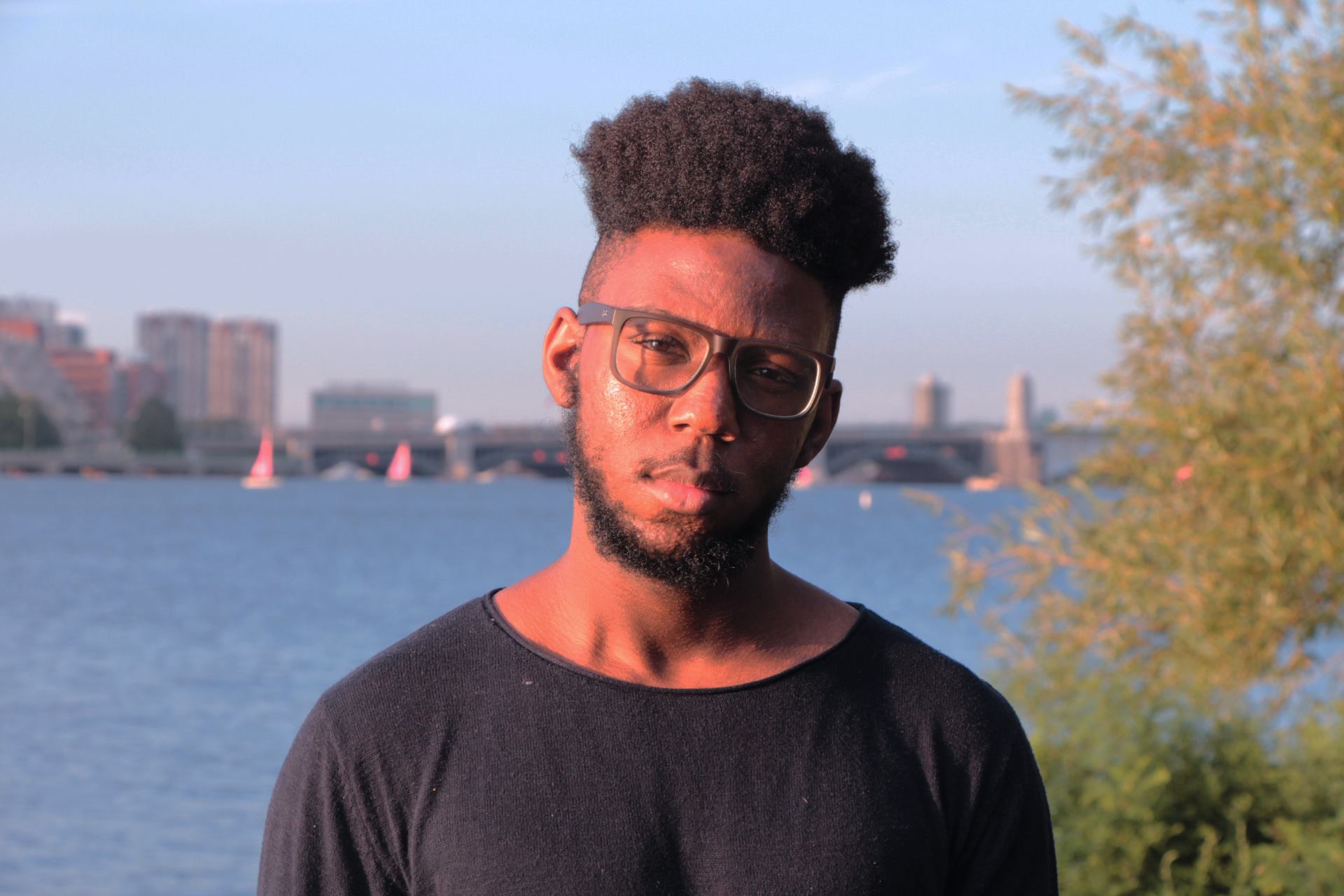People Are Sharing This Man's Important Message About Rape

By:
As part of Sexual Assault Awareness Month, Josh “Zeke” Thomas — 28-year-old DJ and son of NBA Hall of Fame player Isaiah Thomas — has opened up to New York Magazine about the times he's been sexually assaulted, a revelation aimed at ending the stigma that surrounds male survivors.
In the interview, Thomas reveals that in February 2016 he was drugged by a man he met on the dating app Grindr, taken back to his apartment, and raped, resulting in anal bleeding.
Speaking about the emotional impact it had on him, Thomas said:
“And I’m just like — terrified. I can’t move. I didn’t move from my apartment for two days. I didn’t move. I didn’t talk to anybody. I froze.”
By the time Thomas had checked his phone to find the perpetrator on Grindr, the musician had either been blocked by him already or the assailant had deleted his profile. The trauma of the event sent Thomas toward drugs before he eventually told his parents and began to speak to a therapist about the incident.
When Thomas finally spoke to his close friends about the assault, he found that he was not the only person he knew who had been subjected to that kind of violence.
This was not Thomas’ first experience of sexual assault, either. When he was 12 years old, boys he’d known from playing sports said they’d decided to have a “dick-showing” competition before proceeding to grab his head and force him down onto their penises.
Although Thomas has found healthier ways to cope with his experiences, including using them as partial inspiration for his upcoming single “Dealin’ With It,” he said it remains difficult to talk about. He now speaks out about this issue, in spite of his discomfort, because he wants to end the silence around being sexually violated that he believes exists among men, and particularly gay men.
Sexual Assault Awareness Month has been commemorated in the United States since April 2001. It's used as a time to educate people about the prevalence of sexual assault, and to end rape culture by developing a culture of consent. The month is often a time of year when advocates, survivors, and allies concentrate their efforts to fight against the stigmatization of sexual assault survivors.
If a survivor tells someone they have been assaulted, the next thing they should hear is appreciation for being opened up to and words that reassure them that the trauma they experienced was not their fault, Thomas said in a video for the National Sexual Violence Resource Center.
Thomas also used the video to recommend that allies make sure to express their commitment to ensuring survivors do not feel alone.
As he told New York Magazine, the goal is to let “every young black, brown, white gay kid to know that we’re going to breathe... going to keep going... going to keep marching.”
